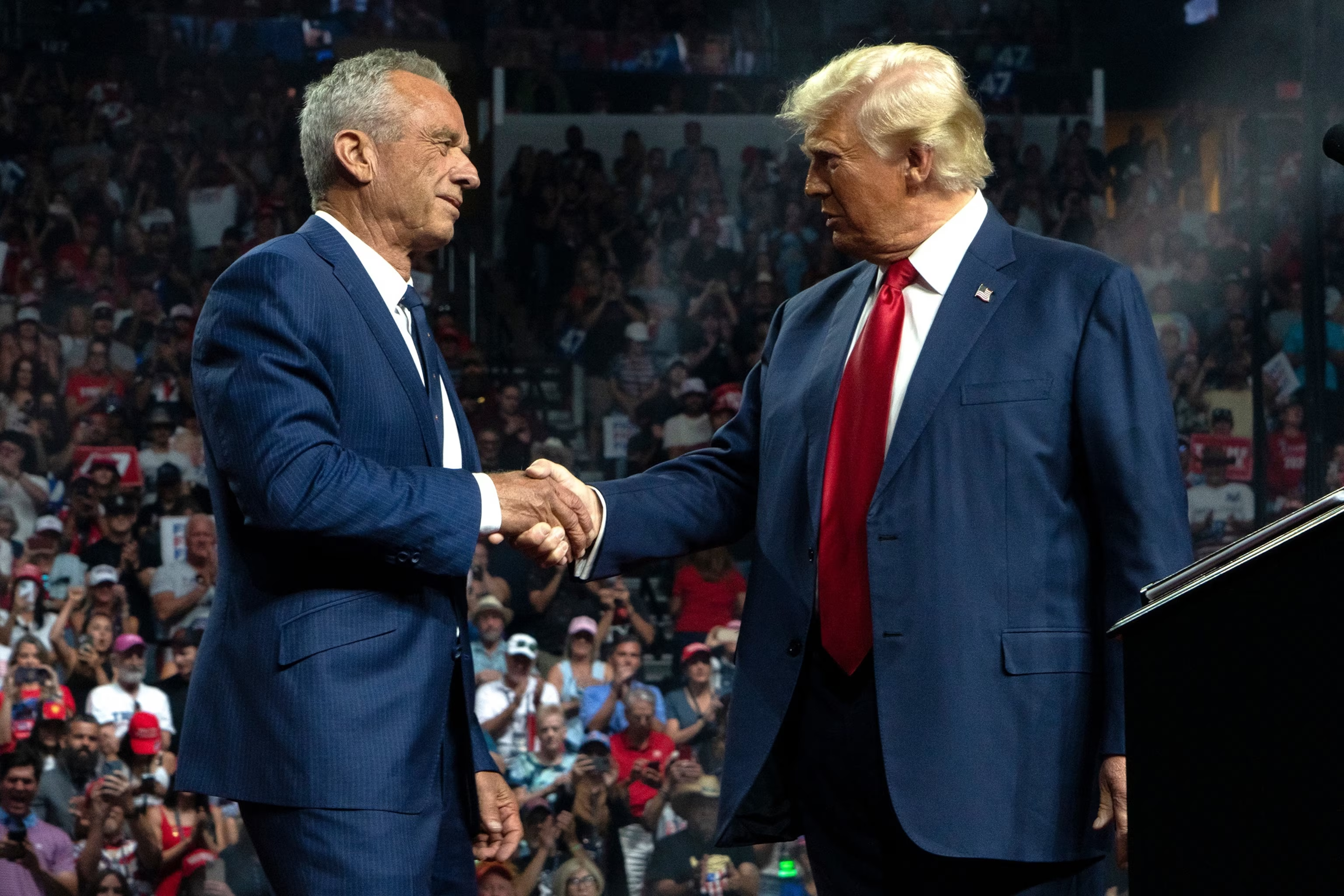
By Elizabeth Plese
Boston University News Service
The United States has historically operated as a two-party system, Republican and Democrat, and any other party is referred to as a “third party.” The U.S. political system hinders third parties from gaining significant national support, but they can be seen as a “vehicle” to advance interests outside of the two main parties.
The U.S. operates under a “first past the post system,” meaning elections will always come down to two parties. Duverger’s law determines that the number of successful parties in a democratic system equals the number of candidates elected plus one. Independent parties often end up supporting a major party that most aligns with their beliefs, said William Grimes, an international relations and political science professor at Boston University’s Pardee School of Global Studies.
A survey taken in September shows that Vice President Kamala Harris and former President Donald Trump are each deadlocked at 49%, with third-party candidates at 2% of the national vote, according to the Pew Research Center.
This year’s leading third-party candidates are independent Robert F. Kennedy Jr., independent Cornel West and Green Party nominee Jill Stein. Recent surveys show Kenndy leading the third-party nominees at 1.3% of the popular vote, according to The Hill. Even though Kennedy dropped out of the race in August, he drew support from both sides of the aisle with a policy rooted in anti-vaccination and environmentalism.
Since Theodore Roosevelt, the highest-polling third-party candidate was Ross Perot. He polled 18.9% of the popular vote against President George H.W. Bush and Arkansas Gov. Bill Clinton in 1992.
Jude Abraham, a BU freshman, said that a third-party candidate will never gain enough traction to win nationally.
“What I noticed is that a lot of third-party voters will tend to be aligning more with Democrats than Republican ideas,” said Abraham. “So when they vote for a third party, they’re essentially just taking votes away from the primary Democratic candidate and essentially in turn, giving a vote for the Republican.”
In the 2000 presidential election, Ralph Nader, an independent candidate, stole enough votes away from Democratic candidate Al Gore to give George Bush a lead in Florida’s polls. Ultimately, the results in this battleground state determined the outcome of that election. This phenomenon has since been called the Nader effect.
“In closer elections, people may feel like their vote is wasted or is potentially even dangerous, and the classic example of that is the Ralph Nader vote,” said Grimes.
Ruben Danyali, another BU freshman, was on the board of a grassroots environmental organization called Progressive Maryland in his hometown. The group backed several third-party candidates.
“I think in a state like Maryland, where it’s locked in that the Democrats are kind of going to win every time, what I am 100% sure of is that they look at third-party voters,” said Danyali.
Danyali said that while votes for third party candidates may not put them in the State House or Congress, they may put the candidates in positions of power.
“That’s an important perspective to have because if you only think about Congress and the White House, then you are missing 99% of all elected positions in the United States,” said Danyali.
Since a majority of third-party voters in Massachusetts are liberal, independent candidates and their policy allows voters to oppose the Democratic policy without voting Republican, said Grimes.
Sophia Thomas, a BU senior, said she was frustrated with the primary candidates’ plans for the conflict in Gaza. Thomas said that voting independently will alert the major parties that their policy is a deal breaker for voters.
“I’m in such a liberal part of the country that dissent and not voting for the Democrats might actually do something here,” Thomas said. “Or at least it might get more independent votes, which will let the Democrats know ‘Hey, we’ve got our eye on you.'”
The efficacy of third parties has been an ongoing debate. While they have their physical limits, they can introduce different ideas into the political conversation.







